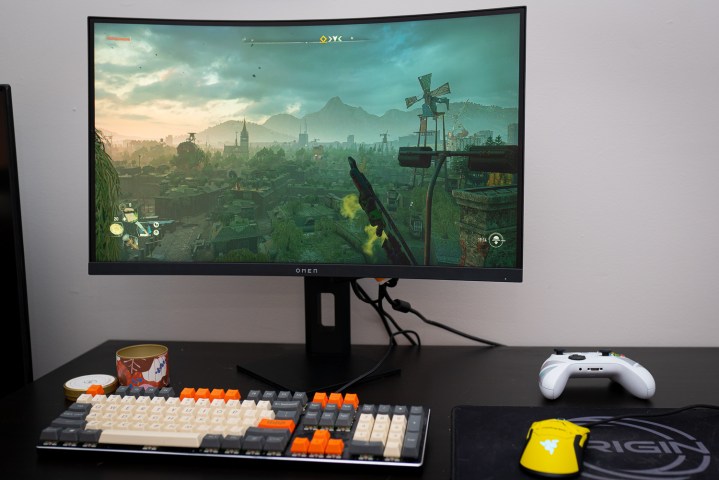The DirectStorage API is now available for Windows 10 and Windows 11 PCs, which should help games take advantage of faster storage.
Microsoft recently announced on its Developer Blog that the Application Programming Interface will be available for the Windows operating systems, “allowing developers to more fully utilize the speed of the latest storage devices.” This is intended to bring greater optimization for gaming on PCs in terms of speed, bandwidth, and latency.

DirectStorage API brings the technology that allows Xbox Series X and Series S consoles to load quickly to PCs. The API also allows games to take advantage of higher speeds of the best solid-state drives or best internal hard drives, Windows Central noted.
Tom’s Hardware also noted that Microsoft announced this availability not long after the game Forspoken by Luminous Productions was confirmed to have built-in DirectStorage support.
Currently, compatibility details are minimal, but it is known that DirectStorage API functions with PCIe 3.0, though PCIe 4.0 is favorable. Similarly, DirectStorage API is compatible with both Windows 10 and Windows 11, but the newer operating system is preferable.

Although Microsoft has officially announced its DirectStorage API, the company plans to showcase the feature further at the Game Developers Conference (GDC) on March 22. Those interested in learning more about DirectStorage can find information on Microsoft’s website.
DirectStorage has the potential to unlock available performance on storage options released as far back as 2009, Tom’s Hardware noted. PC compatibility was intended only for Windows 11; however, Microsoft was able to make further optimizations to expand its reach back to the prior Windows 10 operating system as well.
Microsoft also noted that one aspect that remains missing from the technology is GPU decompression, which would allow for better data transfer between the different components, including storage, operating memory, the CPU, and GPU. This update is expected to be coming next in the brand’s road map, but there is no specific date for when the tweak will be available.
Editors' Recommendations
- Hyte made me fall in love with my gaming PC all over again
- Horizon Forbidden West is a marvel — if your PC can handle the heat
- How buying the wrong gaming PC can go horribly wrong
- The ReSpec newsletter is here: your weekly breakdown of the tech behind PC gaming
- PS5 vs. PC: Which is the better buy for gaming in 2024?




